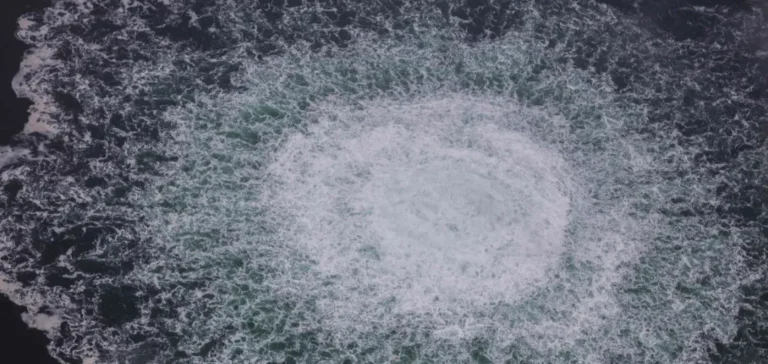Nearly three years after the sabotage of the Nord Stream 1 and 2 pipelines, Italian authorities have arrested a Ukrainian citizen, identified as Serhii K., under a European arrest warrant issued by the German Federal Prosecutor’s Office. The 49-year-old man had reportedly been staying with his family in a tourist village in the Rimini province, where he was apprehended without resistance.
The German prosecutor’s office, which handles terrorism-related cases, considers Serhii K. a key member of the team that planted explosive charges on the gas infrastructure in the Baltic Sea. He is “presumably one of the coordinators of the operation,” according to an official statement released on the day of the arrest.
Operation Allegedly Orchestrated from Germany
The investigation suggests that the group suspected of carrying out the sabotage used a sailing yacht rented in Rostock, a port city on the Baltic Sea, with forged identity documents. The vessel reportedly transported the explosives to the underwater area near Denmark’s Bornholm Island. The blasts, which occurred on September 26, 2022, severely damaged the two pipelines connecting Russia to Germany.
At the time, Nord Stream 1 was no longer delivering gas amid heightened tensions between Moscow and Kyiv’s European allies. Nord Stream 2, completed but never commissioned, had remained inactive. The resulting damage permanently disrupted the flow of Russian gas to Northern Europe.
Investigation with Broad International Reach
Germany, Sweden, and Denmark launched separate judicial inquiries after the incident. The investigations were closed in Sweden and Denmark in 2024, without identifying any perpetrator or instigator. Germany’s investigation remains the only one still active.
Several leads have been explored since the event, some pointing to the possible direct or indirect involvement of a state. Ukraine, Russia, and the United States have all denied any connection to the sabotage. In Berlin, Justice Minister Stefanie Hubig welcomed the arrest as a “remarkable success” for German prosecutors, while reiterating Germany’s support for Ukraine.
Ongoing Legal Proceedings and Prior Findings
According to German media outlets including ARD, Süddeutsche Zeitung, and Die Zeit, the investigation had already identified multiple suspects, including a professional Ukrainian diver referred to as Volodymyr Z., believed to have participated in the operation with two accomplices. He reportedly fled to Ukraine from Poland before he could be detained.
Serhii K. is expected to be transferred to Germany shortly. He is due to appear before a judge at the Federal Court of Justice to be questioned about his alleged logistical role in the operation. The hearing’s outcome may help identify additional members of the group or supporting networks involved in the sabotage.






















